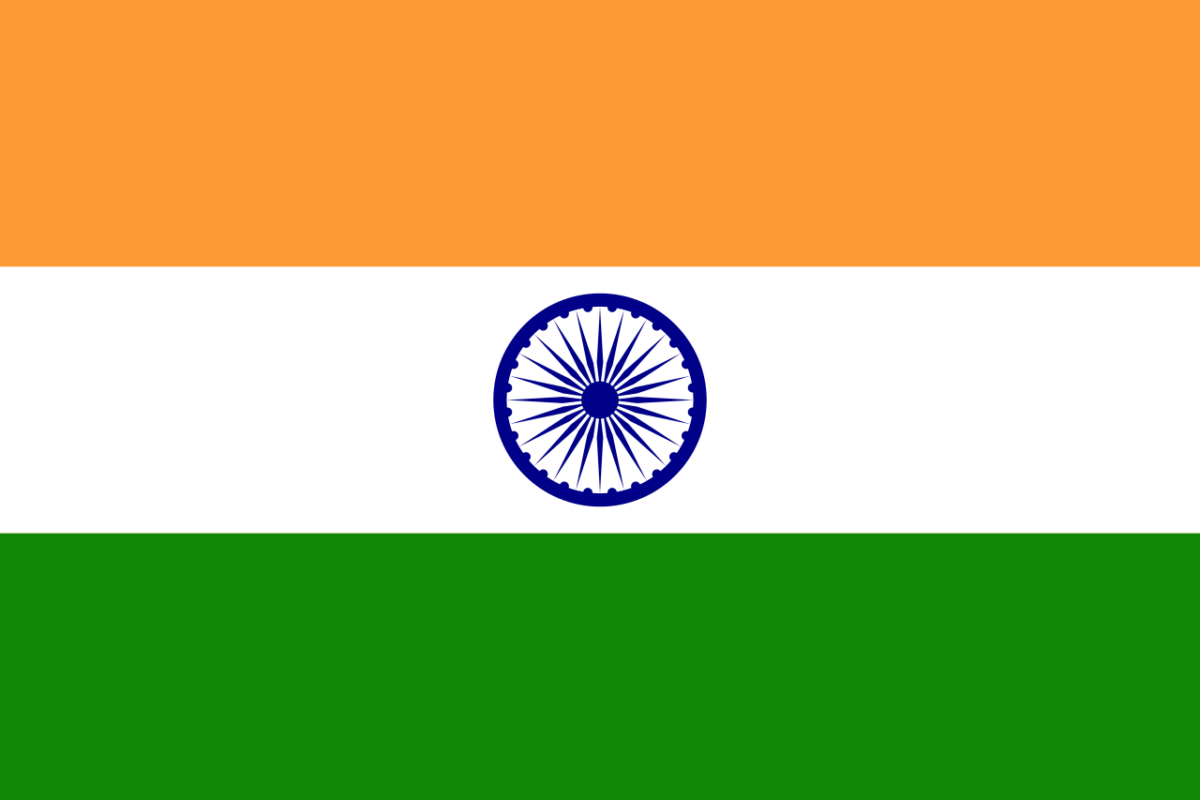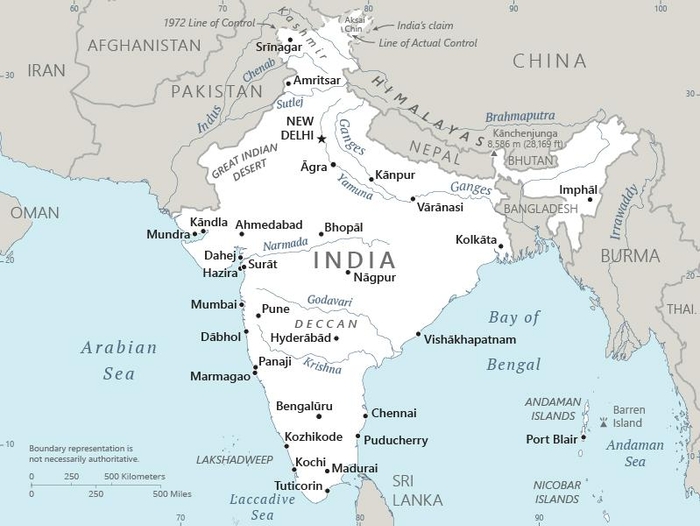Overview
The Republic of India is often referred to as the world’s largest functioning democracy. It has a population of around 1.4 billion – now on a par with China. India gained its independence from Britain in 1947, in a process which included the partitioning of Pakistan and East Pakistan as a separate state (East Pakistan would eventually gain independence as Bangladesh in 1971).
India is the most ethnically diverse nation on earth, with more than 2,500 ethnic groups. A number of different languages are spoken, with these divided into two main groups, the Indo-Aryan in the north and the Dravidian in the south. Hindi is constitutionally the official language of government; English is a subsidiary official language and remains important, particularly in business and higher education.
The centre-left Congress Party dominated Indian politics until the 1980s. Since then elections have led to various coalition governments. The Bharatiya Janata Party (BJP) has grown in strength, and in 2014 became the first party since the 1980s to gain an outright majority to govern without the support of any other party.
When India obtained independence following the ousting of the British Raj in 1947, the country’s new constitution established a secular republic that did not feature a strict church-state separation, as in many Western democracies, but rather a “principled distance” between religion and the state. The government endeavoured to maintain a measured embrace of India’s disparate religious communities without unduly favouring any one group.*
Hindus make up about 75% of the population. Muslims account for about 14%. Statistics for the number of Christians varies, but the number is usually considered to be around 5%.
What it means to be a Christian in India
India’s constitution provides full religious freedom of worship and witness. Article 25 of the constitution states: “Subject to public order, morality and health and to the other provisions of this Part, all persons are equally entitled to freedom of conscience and the right freely to profess, practice and propagate religion.” Christian churches and para-church organisations have long been established in India; the latter having made significant contributions to Indian society in areas such as education and health.
In many places, particularly major cities and towns, this freedom remains unchanged. A number of Indian states have introduced ‘anti-conversion’ laws in various forms. Although supposedly framed to protect people from forced or fraudulent conversions, these regulations are considered by many to impact religious freedom.
Persecution
Quite apart from the anti-conversion state law development, the last two decades have seen increasing cases of violent attack on Indian Christians by various religious extremists especially in more rural areas. Pastors, in particular, tend to be the first target.
Physical attack is frequently compounded by accusations then made in local police stations of fraudulent conversion. This is irrespective of whether or not the state in question has anti-conversion laws in place (in fact, these accusations have been more frequently made in states that do not currently have such laws). Such accusations have never led to any criminal convictions, but serve to intimidate Christians. Where new congregations have been meeting in private or rented accommodation buildings have been ransacked and property destroyed.
Violent attacks on Christian congregations and individual pastors have often followed repeated intimidatory threats in a particular area. These attacks have led, on several occasions, to martyrdoms.
Release International work
Release International has a long-established partners in India, whose work has, over the years, comprised a combination of response to attacks and equipping the church. The latter has included conferences for groups of pastors, often in areas where there has been significant cases of intimidation and violence. These conferences provide fellowship, biblical teaching and also advice on the rights of Indian Christians under national law. Bibles in local languages have also been provided for distribution. Our partners also regularly provide legal aid to those accused of fraudulent conversions and often make practical responses to communities who have suffered violent attack. This work is collectively known as Operation Philemon.
Footnote
* Read the article, ‘Religious Nationalism and India’s Future‘ on the Carnegie Endowment for International Peace website by clicking the button below.

